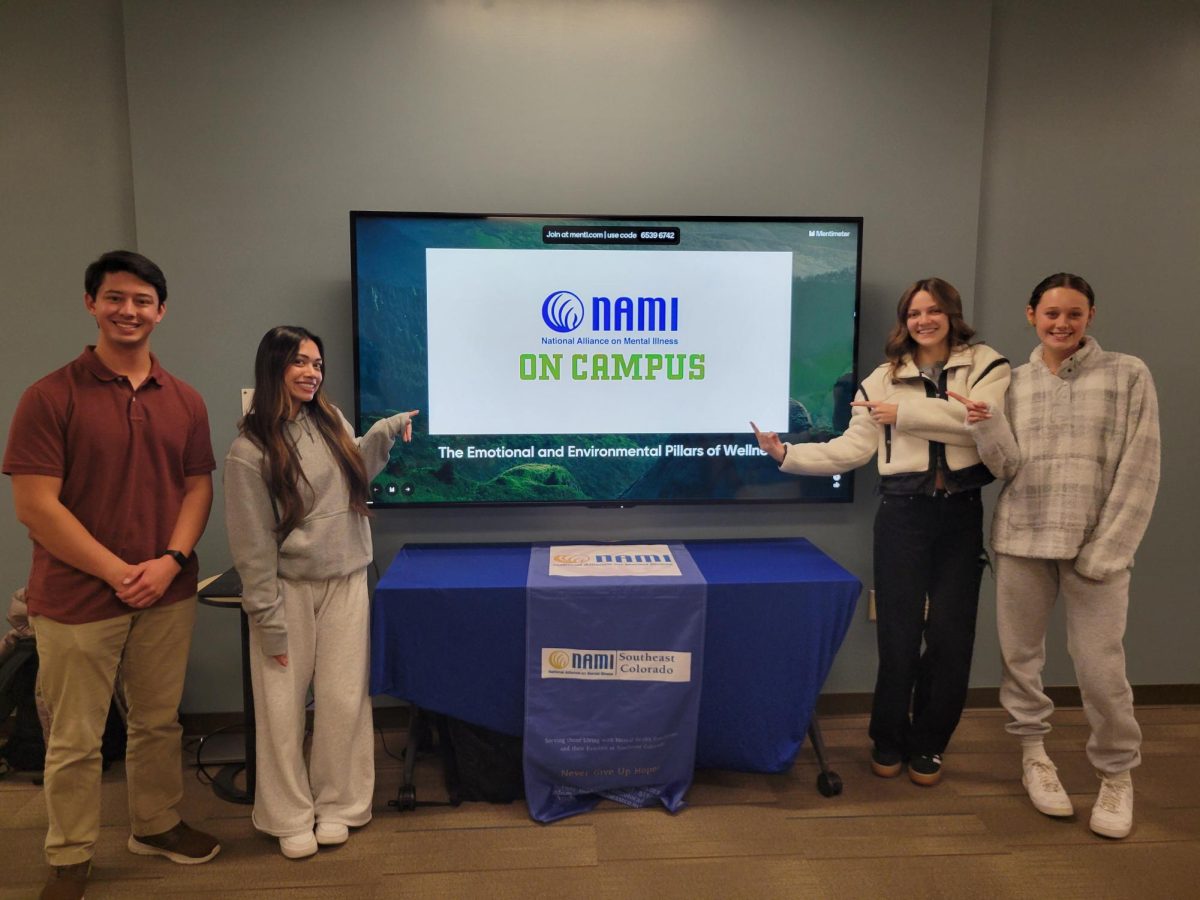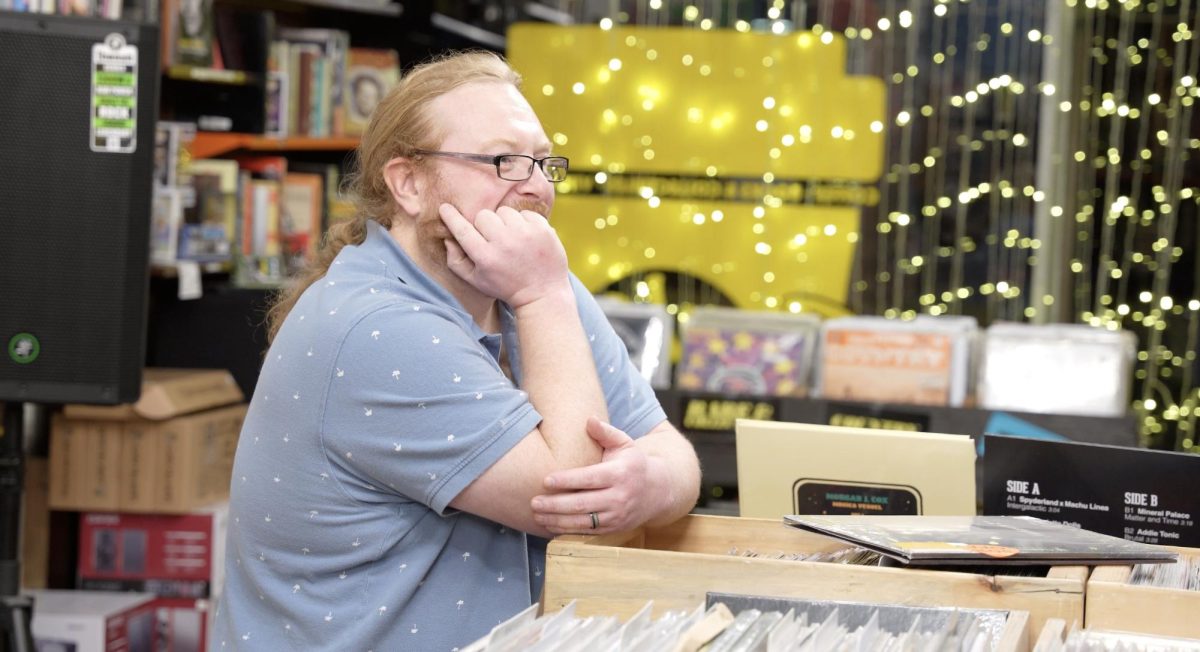
What is the foundation of a dream? What is the foundation of your dream?
Director of Affirmative Action, LaNeeca Williams began the Martin Luther King breakfast celebration by delivering a speech suggesting to her audience that the heart should always be the foundation of not only your dreams, but everything that is done in this life.
Following the speech, attendees were introduced to the keynote speaker Professor C. Omar Montgomery from the University of Colorado in Denver.
Montgomery began his speech by reminding his audience that this year marked the 50-year anniversary of the delivery of the “I have a dream” speech by Dr. King, as well as the 150-year anniversary of Abraham Lincoln signing the Emancipation Proclamation.
The audience was prompted to recognize that on this day, the wishes and dreams of history would come full circle as America honored its first African American President, Barack Obama, as he was re-inaugurated for a second term into the White House.
Montgomery told audience members a story on how his own mother woke up at 4 a.m. in the morning to drive a city bus into the roughest parts of the city, in order to provide for his family. While his mother drove those individuals to help assist them in accomplishing their dreams, Montgomery was on the road accomplishing his very own.
Montgomery told his audience that he is committed to reaching into the slums and the ghettos to the inner city youth; teaching them that they don’t have to become a product of their environment.
“When I pull into a new city I tell the cab driver take me to the hood, people say why would you want to go there? They’re ghetto. So I’m ghetto,” Montgomery said
Although Montgomery is sometimes criticized for this approach in socializing with people from those areas, he still feels it is one of the most imperative aspects of what he does and this demonstrates the reaching back into the slums portion of Martin Luther King’s dream.
Following Montgomery’s speech, Jibrail Dibble, sophomore, business major delivered her rendition of Dr. Kings “I have a dream” speech, entitled “Building the dream”, to an audience filled with people of all different races and ethnicities.
“50 years later the dream is realized, people of all ages, races, gender and sexuality can call each other friend without the fear of damnation,” Dibble said. “Although we face the difficulties of today and tomorrow, we still have a dream. It is a dream deeply rooted into the American dream.”
“This was a very good way to pay respect for all Dr. King’s accomplishments; he really deserves all of this, if only he were alive to see the re-inauguration of our first black president,” Kelvin Watson, a sophomore computer information systems major who was in attendance for the celebration, said







